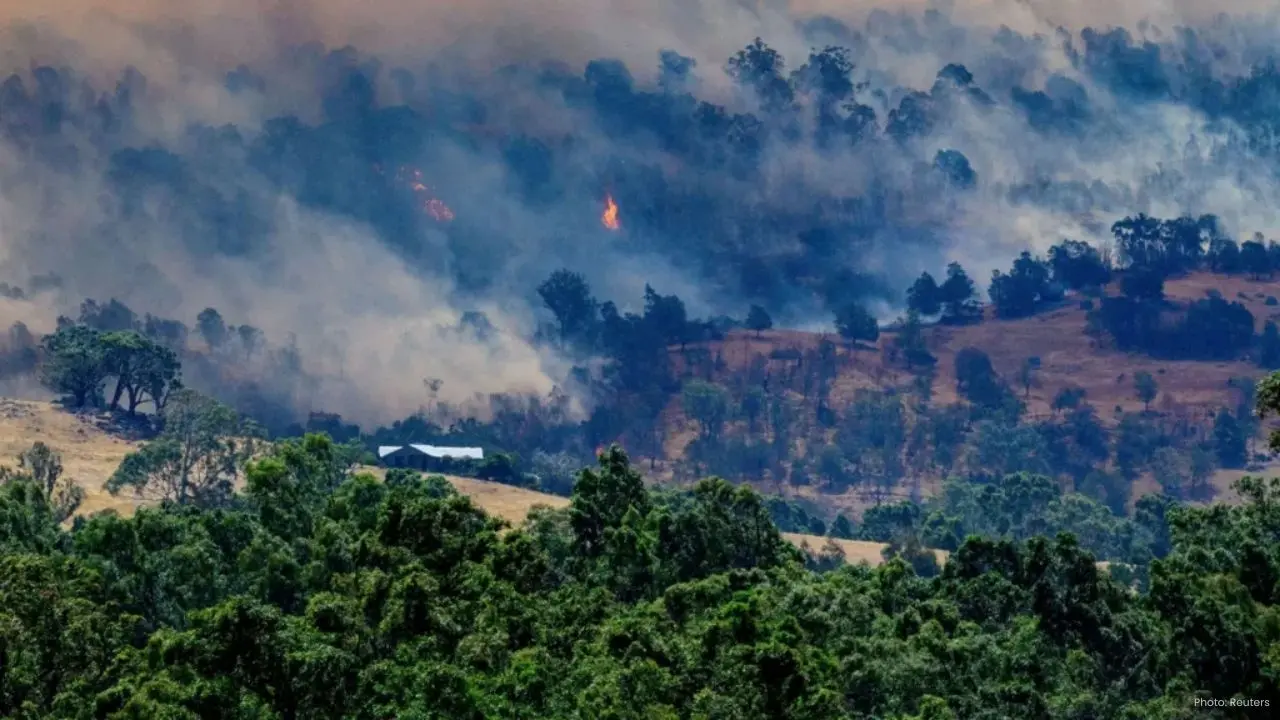
Tragic Bushfires in Victoria Claim Life and Destro
Victoria's bushfires have caused one fatality and the loss of over 300 homes, leading to widespread

When cinema moves beyond entertainment and dares to touch the raw nerves of society, it often becomes a force larger than itself. The documentary “Sugarcane” is one such work. Since its release, it has sparked not just conversations, but also deep reflections on painful truths, historical silences, and the need for justice. What began as a modest documentary has now grown into a subject of national dialogue, uniting audiences from classrooms to policy platforms.
Art That Refuses to Remain Silent
Documentaries rarely attract such widespread attention in a country that treasures commercial cinema. Yet Sugarcane has managed to break through this mold. Its strength does not lie in grand visuals or star power, but in its courage to uncover stories that have long been left in the shadows. The film is unflinching, inviting its audience to listen to voices that were ignored or dismissed.
Part of the reason for its powerful reception is that it faces the audience with questions we often avoid. Whose pain do we erase from history? How do communities cope when silence is imposed on their suffering? These are questions that touch not only the past but also the moral future of the nation.
Divided Reactions, United Impact
As expected, the film has stirred both praise and criticism. Social activists, educators, and many young viewers have applauded it for bringing uncomfortable truths into the open. They see it as a long-overdue reckoning, and a reminder that progress cannot be built on silence.
On the other hand, some critics argue that returning to these painful stories reopens wounds and disturbs communal harmony. Their fear is that such portrayals may divide rather than unite. Yet history shows that sweeping injustice under the rug rarely heals wounds. Instead, facing the truth—however difficult—creates the possibility of reconciliation.
The divided reception may seem like conflict, but in reality, it reflects the very essence of democratic dialogue. In societies where freedom of expression is valued, disagreement is not a threat but a necessity. By drawing such intense reactions, Sugarcane has ensured that these buried conversations are finally being had in the open.
Democracy and the Role of Storytelling
Every democracy is built on the principle of remembering. Remembering ensures accountability and prevents repetition of past mistakes. Films like Sugarcane act as public documents. They remind us that behind numbers in textbooks and footnotes in reports lie real people—mothers, workers, survivors—whose lives continue to carry the scars of systemic failures.
This is where storytelling becomes larger than art. It bridges the distance between facts and human empathy. Where policy often speaks in statistics, stories make us feel the weight of those numbers in human lives. Sugarcane therefore is not just a piece of cinema but also a tool of truth, a mirror that reflects what the nation prefers to forget.
Society’s Duty to Listen
The most important question is not whether one agrees or disagrees with the film, but whether society has the courage to listen. Dismissing these truths as “too uncomfortable” denies citizens their rightful understanding of history. By listening, we do not simply gather knowledge—we show respect to those who continue to bear the consequences of silence.
Policymakers, cultural leaders, and even educators now have a responsibility. Instead of suppressing such works in the name of comfort, they must allow them to be seen, debated, and discussed in open platforms. Shielding society from difficult conversations may feel like peace in the short term, but in the long run, it only deepens wounds.
A Turning Point in Cultural Dialogue
The rise of Sugarcane proves something important about Indian audiences: they are ready for honest storytelling. For too long, the assumption has been that the public only wants entertainment and escapism. The overwhelming turnout at screenings and the passionate voices online prove otherwise. When people are given films that respect their intelligence, they respond with seriousness.
In this sense, Sugarcane could mark a turning point in our cultural space. It shows that documentaries can be as powerful as any commercial blockbuster—if not more. They may not break records at the box office, but they break barriers in public consciousness.